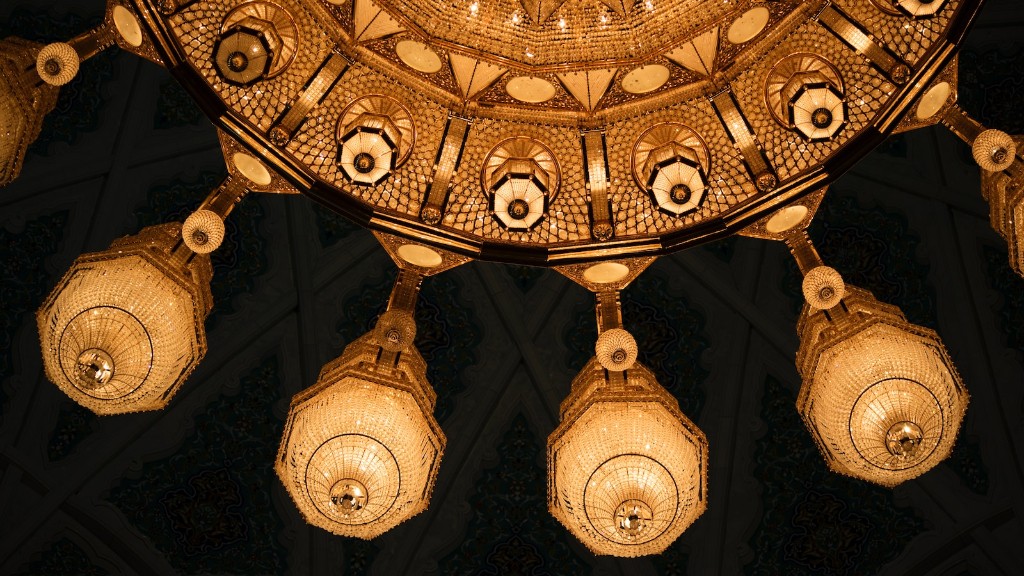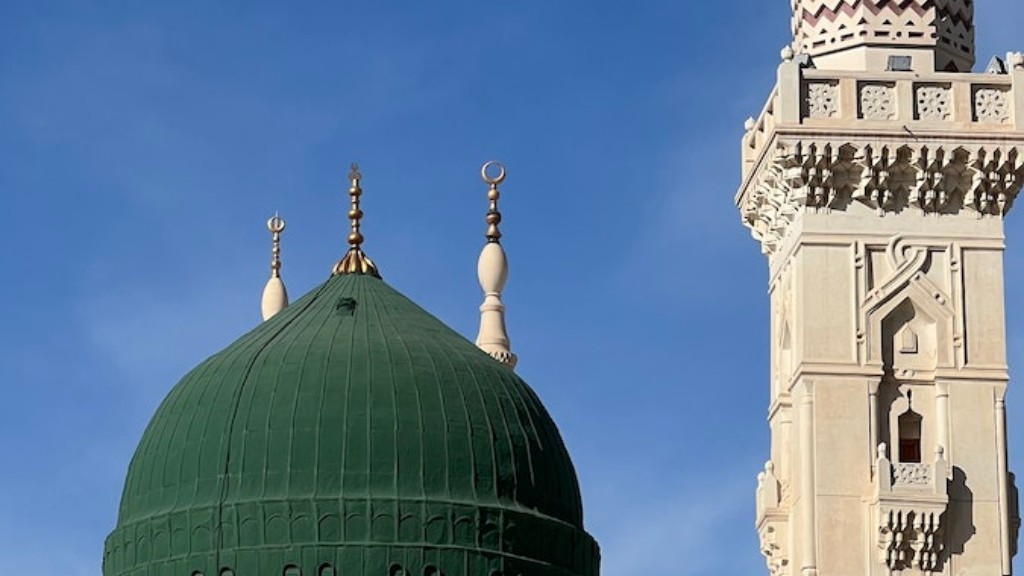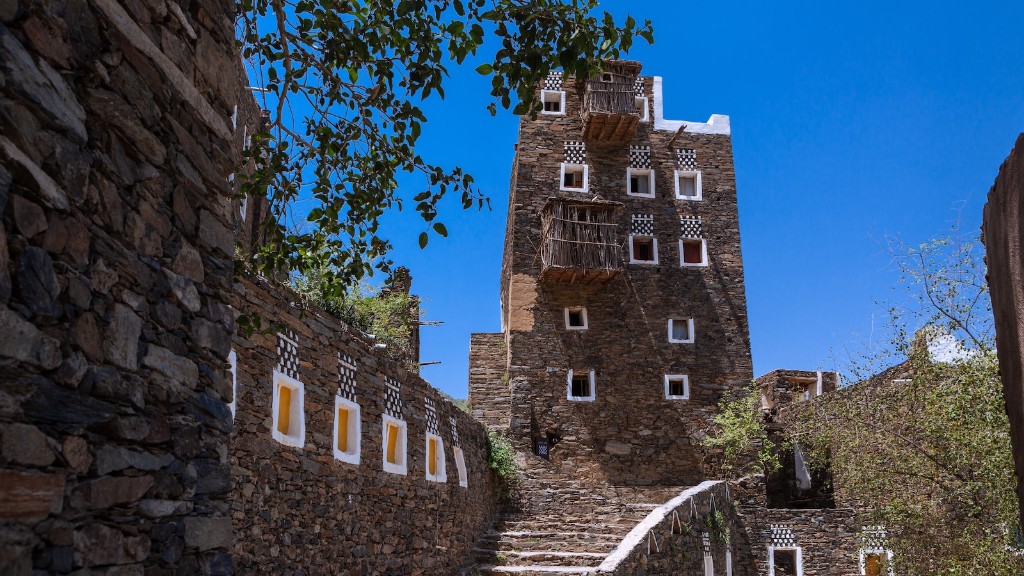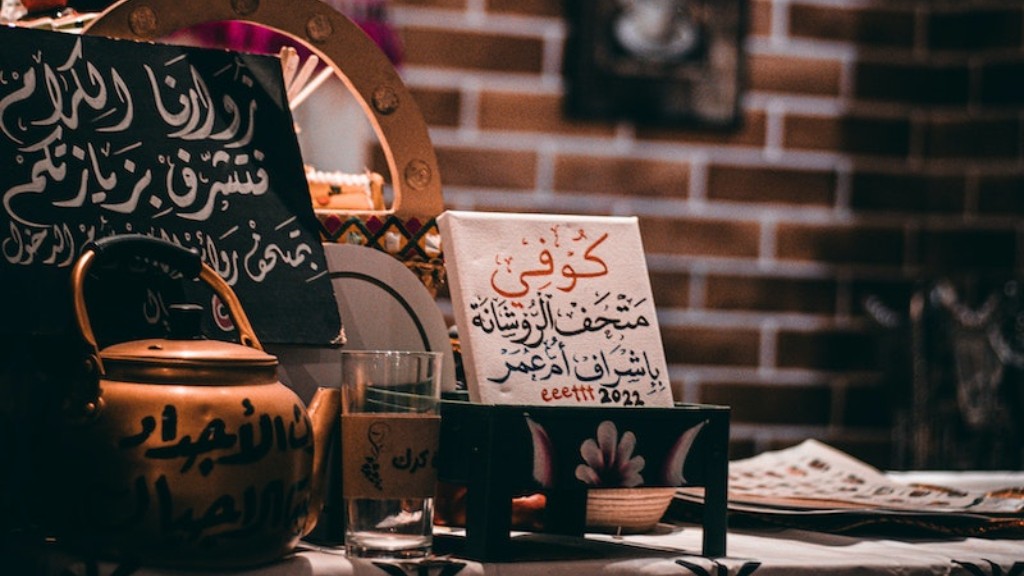Geographical Location
Saudi Arabia lies in the Middle East, in the region known as the Arabian Peninsula, which occupies an area of 2,150,000 sq km. It is bordered by the Red Sea to the west, the Persian Gulf to the east, and the Gulf of Oman and the Arabian Sea to the south. Saudi Arabia covers an area of 2,149,690 sq km, making it the largest country in the Arab world and the fifth-largest country in Asia. It shares its borders with Iraq, Yemen, Jordan, Kuwait, Oman, Qatar, Bahrain, and the United Arab Emirates (UAE). Saudi Arabia occupies a central position in the Middle East, between the Red Sea and Persian Gulf.
Geographical Features
Saudi Arabia is a desert landscape dominated by sand, but there are some areas that are mountainous. Forests are rare, but they do exist in some regions, mainly in the south and near Madinah. The desert in the east is very harsh, with high temperatures most of the year. The country is also home to several extinct volcanic fields, such as in the Al-Sharqiyah region and the Nafud Desert. Rising sea levels have made parts of the coastal regions more vulnerable to flooding.
Climate
Most of the country has a desert climate, with hot and dry weather most of the year. The southern parts of the country have more humid conditions, with slightly cooler temperatures. Dust and sand storms also often occur during the winter months. TheAverage temperature in Saudi Arabia varies greatly from region to region, ranging between 4–30 °C (39–86 °F).
Population
As of 2018, the population of Saudi Arabia was estimated at 33 million. The population is mostly ethnic Arab, with a sizable minority of Turks, Persians, and other minorities. The official language of the country is Arabic, but several other languages are also spoken, such as English and Urdu. The literacy rate is 92.4% among the population aged 15 and above, and the overall life expectancy is 77.9 years for men and 81.4 years for women.
Economy
Saudi Arabia has an oil-based economy. Oil exports account for more than 90% of total exports and nearly all government revenue. The government is largely reliant on oil exports for its financial resources, and this has led to an enormous reliance on foreign workers. The economy is also diversified, with investments in banking, real estate, healthcare, and other sectors. In 2019, the GDP of Saudi Arabia was estimated at 688.74 billion USD, making it the 20th-largest economy in the world.
Culture
The culture of Saudi Arabia is heavily influenced by Islam and the traditions of the region. Saudi society is patriarchal and conservative, and women are expected to adhere to strict religious and social codes. Hospitality is a very important part of the culture, and there is great pride in hospitality and generosity. Public displays of affection are discouraged, and there are strict laws governing the behaviour of both men and women.
Continent
Saudi Arabia is located in the continent of Asia. It is the largest country in the region and the Middle East, and is the fifth-largest country in Asia. It is bordered by Iraq, Yemen, Jordan, Kuwait, Oman, Qatar, Bahrain, and the United Arab Emirates (UAE).
Currency
The currency of Saudi Arabia is the Saudi riyal (SAR). The riyal is divided into 100 halalas.
Government
Saudi Arabia is an absolute monarchy, and the head of state is King Salman bin Abdulaziz Al Saud. The Council of Ministers is the executive branch of government, and its members are appointed by the king. The country has a legislative assembly known as the Majlis al-Shura, which is composed of 150 members who are appointed by the king.
Foreign Relations
Saudi Arabia has a largely good relationship with the international community, particularly with members of the Organisation of the Islamic Conference. It is a member of the Arab League, the United Nations, and the Gulf Cooperation Council. The country also maintains diplomatic ties with countries around the world, including the United States, Russia, China, and the United Kingdom.
Military
The Armed Forces of Saudi Arabia consist of the Saudi Arabian Royal Guard, the Saudi Arabian Air Force, the Royal Saudi Navy, and other units. The total strength of the forces is around 200,000, and they are equipped with modern weapons and equipment. The military budget for 2020 was estimated at 70.9 billion USD.
Religion
Islam is the official religion of Saudi Arabia, and it is practiced by nearly all citizens. The majority of the population is Sunni Muslim, with a small minority of Shi’a Muslims. The government is a strong proponent of the Islamic faith, and Islamic law (Sharia) is strictly enforced.
Demographics
The total population of Saudi Arabia is 33 million. The majority of the population is ethnic Arab, with a small minority of Turks, Persians, and other minorities. The country has a wealthy expatriate population of around nine million, mostly from India, Pakistan, Bangladesh, and the Philippines.
Education and Health
Education is compulsory for all citizens up to the secondary level, and free for citizens up to the university level. Health care is free or low cost for citizens, and there is a free or lower-cost healthcare system for expatriates. The literacy rate in Saudi Arabia is 92.4 % among the population aged 15 and above. The overall life expectancy is 77.9 years for men and 81.4 years for women.
Tourism
Tourism is an important industry in Saudi Arabia, with more than 16 million visitors in 2019. Most of the visitors to the country come from Asia and Europe, and the most popular tourist destinations include Medina, Mecca, Quba, and Jeddah. The country also offers a range of attractions, including historic sites, museums, and natural wonders such as the Empty Quarter desert and the Red Sea.
Conclusion
In conclusion, Saudi Arabia is an important country in the Middle East located in the continent of Asia. It has an oil-based economy with significant investment in banking, real estate, healthcare, and other sectors. Population is 33 million, the majority of whom are ethnic Arabs. Islam is the official religion, and Sharia is strictly enforced. The country has a rich culture, and education and healthcare are both free or low-cost for citizens. Tourism is an important industry, and there are a range of attractions to visit.




